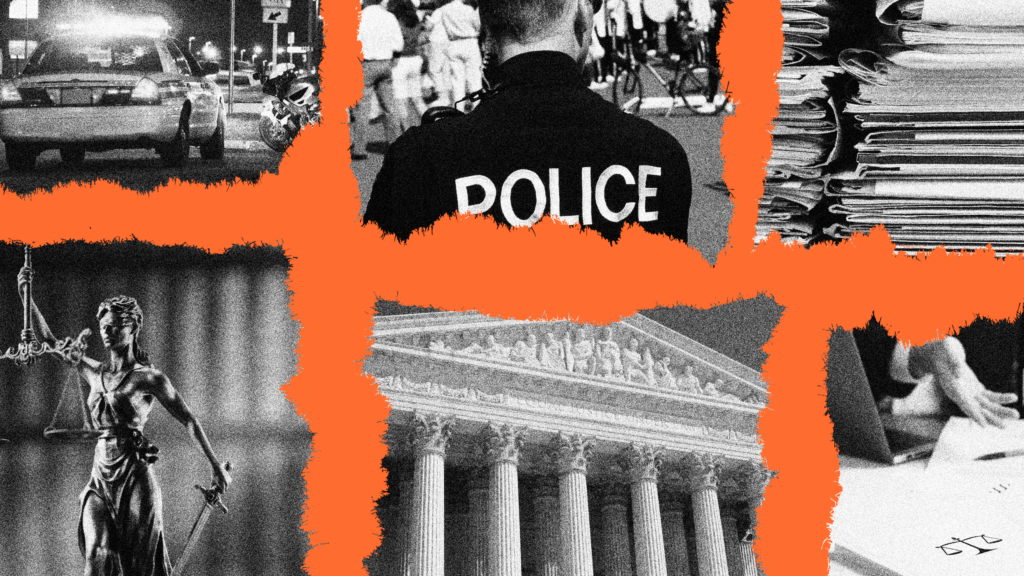State-Imposed Hardship: Empowering Individuals Through Reason
Reason, a 501(c)3 non-profit organization, is conducting its annual Webathon, a fundraising drive crucial for sustaining its journalistic endeavors. This year’s appeal focuses on a particularly impactful, albeit blood-pressure-raising, aspect of their work: exposing instances of government overreach and individual injustice. These stories, while often infuriating, serve a vital purpose: holding power accountable, advocating for victims, and fostering a deeper understanding of the importance of individual liberty. Reason’s coverage extends from local zoning disputes to Supreme Court cases, encompassing a wide range of abuses of power. The organization urges readers to donate, emphasizing that a generous matching grant will double the impact of each contribution.
Reason’s coverage of governmental overreach spans various domains, impacting individuals in diverse and often unexpected ways. One prominent example is the case of Priscilla Villarreal, a citizen-journalist in Laredo, Texas, who faced felony charges for seeking information from law enforcement about fatal incidents—a fundamental act of journalism protected by the First Amendment. Reason has diligently followed Villarreal’s case, which highlights the chilling effect of overly broad interpretations of “misuse of official information” laws and the shield of qualified immunity that often protects officials from accountability. Reason’s involvement extends to legal advocacy, further demonstrating their commitment to defending individual rights. This case exemplifies the organization’s dedication to combating the abuse of power by government officials who retaliate against those who hold them accountable.
The organization also sheds light on the often-arbitrary and burdensome nature of regulatory bodies. Eric Boehm’s reporting on the Pennsylvania Liquor Control Board’s (PLCB) actions against businesses during the COVID-19 pandemic reveals the devastating consequences of regulatory overreach. Businesses that attempted to adapt and serve their communities during a time of crisis faced harsh penalties, including conditional licensing agreements that jeopardized their future operations. Reason’s reporting on these issues brought them to the attention of the Pennsylvania Senate, demonstrating the tangible impact of their investigative journalism. This case underscores the potential for regulatory agencies to wield their power in ways that stifle economic activity and punish those who deviate from arbitrary rules.
Reason’s focus on individual liberty extends to seemingly mundane areas like zoning regulations and property rights. Christian Britschgi’s work exposes instances where individuals and small businesses are caught in the crosshairs of excessive regulation. From a pastor facing criminal charges for sheltering homeless individuals to a winery fined for allowing an employee to live on its property, these stories illustrate the often-absurd consequences of overzealous enforcement of zoning laws and the disproportionate impact on vulnerable populations. These seemingly small instances highlight the broader issue of regulatory overreach that infringes on property rights and restricts individual autonomy.
The organization’s commitment to exposing governmental misconduct is further exemplified by Billy Binion’s reporting, which unearths cases of egregious abuses of power. From wrongful SWAT raids to the seizure of property over minor tax debts, Binion’s investigations reveal the devastating impact of government actions on individuals and families. His work highlights the need for greater accountability and reform within law enforcement and the legal system, ensuring that individuals are not subjected to unwarranted violence or deprived of their property without due process. These cases serve as stark reminders of the potential for government agencies to act with impunity, inflicting harm on innocent citizens.
Further emphasizing Reason’s commitment to exposing injustices, C.J. Ciaramella’s reporting focuses on criminal justice issues, documenting cases of police brutality, excessive force, and the often-cruel treatment of individuals within the criminal justice system. His work highlights the systemic problems within law enforcement and the urgent need for reforms that protect the rights of all individuals, regardless of their circumstances. These stories underscore the importance of holding law enforcement accountable for their actions and ensuring that justice is served.
Finally, Lenore Skenazy’s coverage of the intersection between overprotective parenting and the carceral state serves as a cautionary tale against the intrusion of government into family life. Her reporting on cases where parents have been investigated or even jailed for allowing their children a degree of independence highlights the absurdity of overzealous child protection measures. These stories demonstrate the potential for government intervention to undermine parental rights and create a culture of fear and distrust.
In conclusion, Reason’s work plays a crucial role in exposing government overreach and advocating for individual liberty. By highlighting individual cases of injustice, the organization aims to raise awareness, spark dialogue, and ultimately, effect change. Their reporting not only holds government officials accountable but also empowers individuals to understand and defend their rights. The organization’s diverse range of coverage, from legal battles to zoning disputes, demonstrates the pervasive nature of government overreach and the importance of a vigilant press in safeguarding individual freedoms. Reason’s Webathon serves as a vital opportunity to support their critical work and ensure they can continue to fight for a freer and more just society.
Share this content:












Post Comment